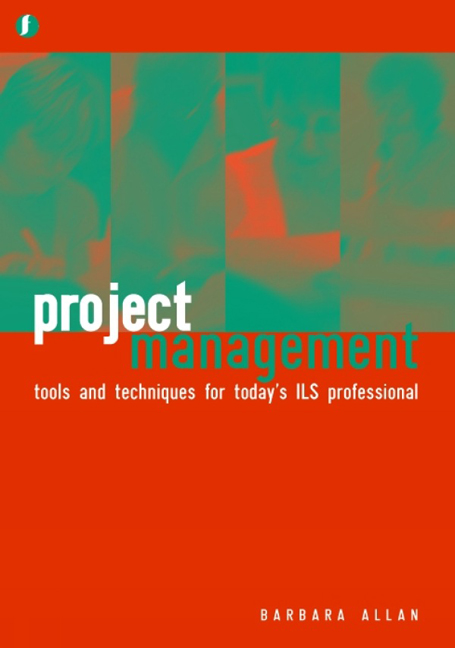Book contents
- Frontmatter
- Contents
- List of tables
- List of figures
- Acknowledgements
- Part 1 Introduction
- Part 2 The project life cycle, systems and processes
- Part 3 Projects and people
- 8 The people side of projects
- 9 Working in partnership
- 10 Working on projects
- 11 Project management skills and training
- Appendix A The language of funding
- Appendix B Resources
- Index
11 - Project management skills and training
from Part 3 - Projects and people
Published online by Cambridge University Press: 08 June 2018
- Frontmatter
- Contents
- List of tables
- List of figures
- Acknowledgements
- Part 1 Introduction
- Part 2 The project life cycle, systems and processes
- Part 3 Projects and people
- 8 The people side of projects
- 9 Working in partnership
- 10 Working on projects
- 11 Project management skills and training
- Appendix A The language of funding
- Appendix B Resources
- Index
Summary
Introduction
Over a decade ago projects were carried out occasionally, often as the result of a change within a local library system or in response to national initiatives. Nowadays they are part of the day-to-day working lives of many information workers and they provide an important force for library and information development and innovation. As shown earlier in this book project work offers an important route to funding both core and developmental activities in libraries and information services. These projects often involve working in new ways within multi-professional teams across traditional boundaries. Many project workers and managers are working on multiple projects.
Given the current importance of project work it is vital that library and information professionals develop the appropriate set of knowledge and skills to enable them to take part in and successfully lead and manage project work. This chapter focuses on the knowledge and skills required by project managers, and also training and education provision in this area.
Knowledge and skills required by project managers
The development of a library and information profession with appropriate knowledge and skills in project management is essential for the future of libraries and information services (both terrestrial and virtual ones) and also the profession. Simon Tanner (2003, p.34), speaking in the context of digital projects, says:
Managers have to develop skills in the more flexible, competitive regions of project management, systems implementation and fundraising. Whatever the size of the library, there will be technology to implement, and the ability to manage the process has become a key requirement for librarians. The growth in competition for funding means that meting obligations on time and in budget is critical, not just for the task in hand but for future funding prospects as well.
Tanner identifies the skills and experience required in all next generation managers’ toolkits as:
• clear vision
• stakeholder studies
• feasibility studies
• infrastructure survey
• matrix of requirements
• risk assessment.
- Type
- Chapter
- Information
- Project ManagementTools and techniques for today's ILS professional, pp. 179 - 184Publisher: FacetPrint publication year: 2004



